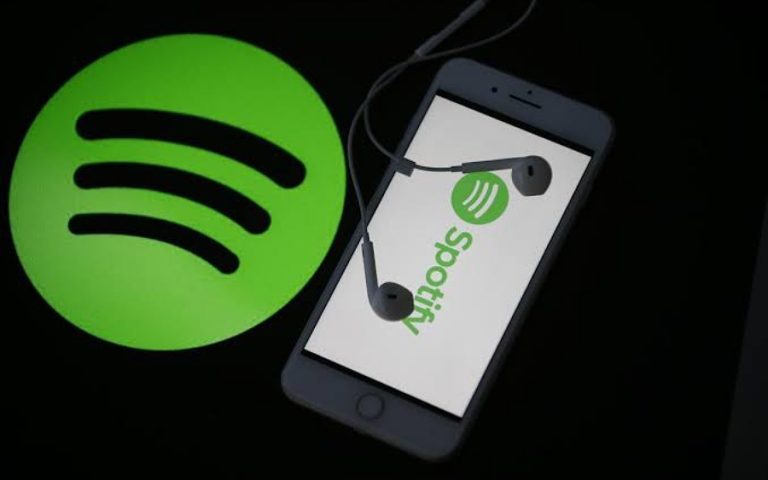Streaming giant Apple Music is reportedly facing an EU fine of $538 million, despite its compliance with certain EU rules and regulations.
The fine is a response to allegations of anticompetitive practices, particularly in relation to the music streaming market policy on its App Store. This issue has been the subject of a long-standing complaint.
The initial complaint originated from Spotify, a well-known rival of Apple Music, particularly highlighting the absence of available third-party payment channels on iOS.
This stems from a 2019 filing by Spotify, addressing concerns about the lack of such payment channels, a key contention against Apple raised by various companies.
- The EU’s scrutiny of the case primarily focuses on how Apple’s App Store policy has impacted the music streaming market, especially due to significant restrictions on alternative options.
- The key concern revolves around Apple allegedly preventing music streaming platforms from providing third-party payment alternatives outside the App Store, ensuring Apple still receives its 30% commissions.
- This development reflects the ongoing tension between tech giants and regulatory bodies regarding fair competition practices.
How it all started
As the European Union began mulling over the inception of the Digital Markets Act (DMA), colloquially known as the DMA, the looming threats to Apple’s operations, particularly the App Store, became unmistakably evident.
What initially started as a mere proposal has now materialized into law, posing a substantial challenge to Apple’s business endeavours within the region.
The company is now compelled to align its diverse range of products and services with the provisions of the DMA, navigating the intricate landscape of regulatory compliance to mitigate potential disruptions to its operations.
What this means for Apple
Apple finds itself labeled as a gatekeeper, prompting significant alterations to several of its technologies to align with the stipulations of the law and evade potential fines.
Notable adjustments include the introduction of sideloading exclusively for iPhone’s iOS, modifications to Safari, incorporation of third-party payment channels, adjustments to iPhone’s NFC capabilities, and more.
However, the exclusion of iMessage from the gatekeeper list is noteworthy. While Apple’s initial changes under the DMA umbrella raised concerns about potential violations, the European Union’s influence over the company persists, with a substantial fine looming over Apple for its App Store policies in the music streaming market. Despite accommodating third-party payment channels, Apple faces the prospect of a substantial penalty.

